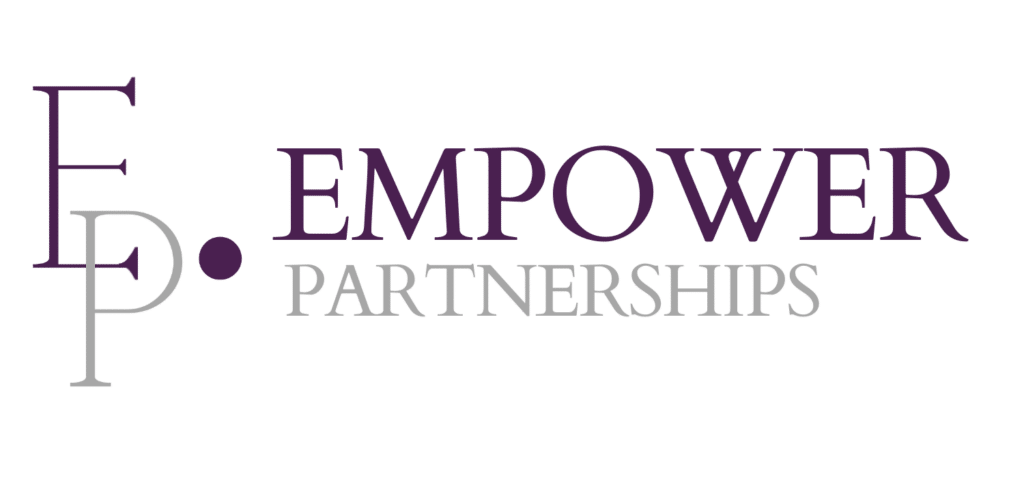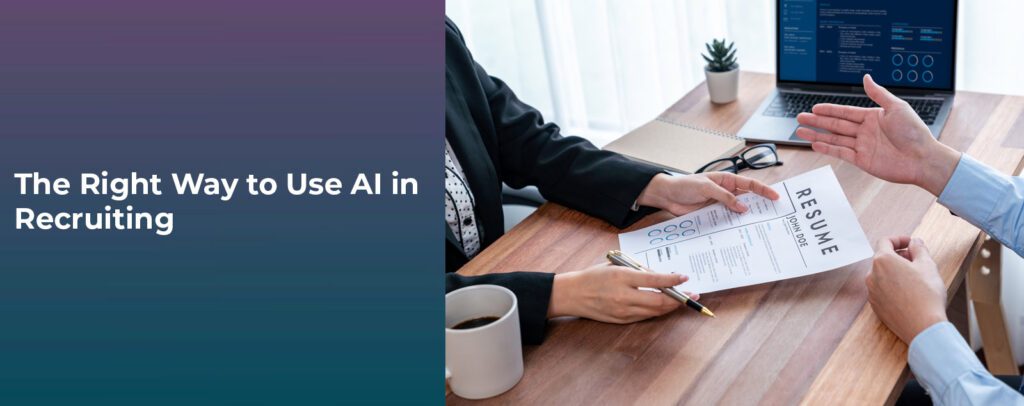Artificial intelligence (AI) is transforming how we approach recruitment, offering tools that can make the hiring process faster, smarter, and more efficient. But while AI boasts impressive capabilities, it’s important to remember that human input can’t (and shouldn’t) be replaced.
Here are five ways you can leverage AI to augment your recruitment strategy — while ensuring the human element stays at the core of your processes.
#1 Candidate Sourcing & Screening
Scouring online platforms, job boards, and social media, AI recruitment tools can sift through vast amounts of data to rapidly identify high-potential candidates. They’re so effective that, according to one study, 72% of recruiters use AI primarily for sourcing. But AI’s utility doesn’t stop there. AI can also assist in screening candidates by analyzing resumes and application data to highlight those who most closely align with the job requirements.
When you need human input: While AI recruiting software is highly effective at identifying and ranking high volumes of candidates, it can’t fully evaluate cultural fit and nuanced qualifications that aren’t easily quantifiable. Human recruiters are needed to interpret the context behind a candidate’s experiences, gauge their soft skills, and assess their alignment with team dynamics.
#2 Predictive Analytics
AI predictive analytics are a game-changer for refining recruitment processes and strategic workforce planning. By analyzing historical hiring data, employee performance metrics, and market trends, AI can forecast future hiring needs, predict turnover risks, and identify skill gaps within the organization. This data-driven approach helps organizations proactively shape their recruitment strategies, ensuring they have the right talent pipeline to meet future challenges.
When you need human input: AI offers valuable predictive insights, but recruiting teams and HR professionals are essential for interpreting these data points and translating them into actionable strategies. Predictive analytics indicate trends, and human decision-makers then assess these predictions in the context of organizational goals, industry changes, and emerging market conditions.
#3 Chatbot Support
AI-driven chatbots augment the candidate experience by providing around-the-clock support. They can handle frequently asked questions, offer details about the recruitment process, and even conduct preliminary interviews. By taking on these routine, often time-consuming tasks, chatbots free up human recruiters to engage in more meaningful interactions.
When you need human input: While chatbots excel at handling routine queries, they lack the empathy and personal touch that human recruiters offer. For complex questions, concerns about job roles, and the need for thoughtful, tailored responses, human involvement is key. Personal engagement is vital for making candidates feel valued and understood, which can influence their decision to join your company.
#4 DE&I Initiatives
AI is increasingly crucial in diversity, equity, and inclusion (DE&I). By anonymizing candidate information and analyzing hiring patterns, AI helps ensure that all job seekers are assessed more equitably. Moreover, AI software can highlight trends and suggest new strategies that may not have been considered.
When you need human input: While AI can help reduce bias, it’s essential to remember that algorithms are only as unbiased as the data they’re trained on. Without careful oversight, AI can inadvertently perpetuate existing prejudices in historical data. Human recruiters and hiring managers must oversee AI-driven DE&I initiatives to ensure that these tools are used ethically and that the hiring process remains genuinely inclusive.
#5 Onboarding
AI doesn’t just stop at hiring; it also makes onboarding a breeze. AI-driven platforms can create custom learning pathways, answer basic questions, and provide tailored training materials. This technology ensures a smoother, more efficient transition for new employees, setting them up for success and potentially leading to a 30% reduction in first-year turnover.
When you need human input: The onboarding phase is critical for integrating new hires into the company culture. While AI can efficiently handle administrative tasks and provide initial training, the human element is essential in creating a welcoming and inclusive environment. Personal interactions, such as a warm welcome from the team, one-on-one meetings with managers, and opportunities to ask questions in a supportive setting, are crucial for helping new employees feel comfortable and engaged.
Harness the Power of AI (the Right Way)
AI can transform your recruitment process, but the magic truly happens when you blend cutting-edge technology with irreplaceable human insight. At Empower Partnerships, we specialize in combining AI-driven tools with human expertise to deliver unparalleled talent acquisition results.
Contact us today to discover how our AI-powered solutions can help you build a stronger, more dynamic workforce.

Meredith Guenther is Vice President of operational Excellence at Empower Partnerships. Meredith has over 19 years of experience in the recruiting space. Prior to her time at EP, was the Vice President, Solutions and IT at Orion Talent.
Meredith Guenther
Vice President of Operational Excellence at Empower Partnerships



